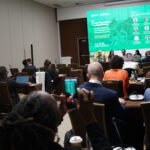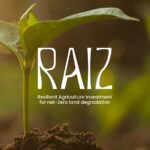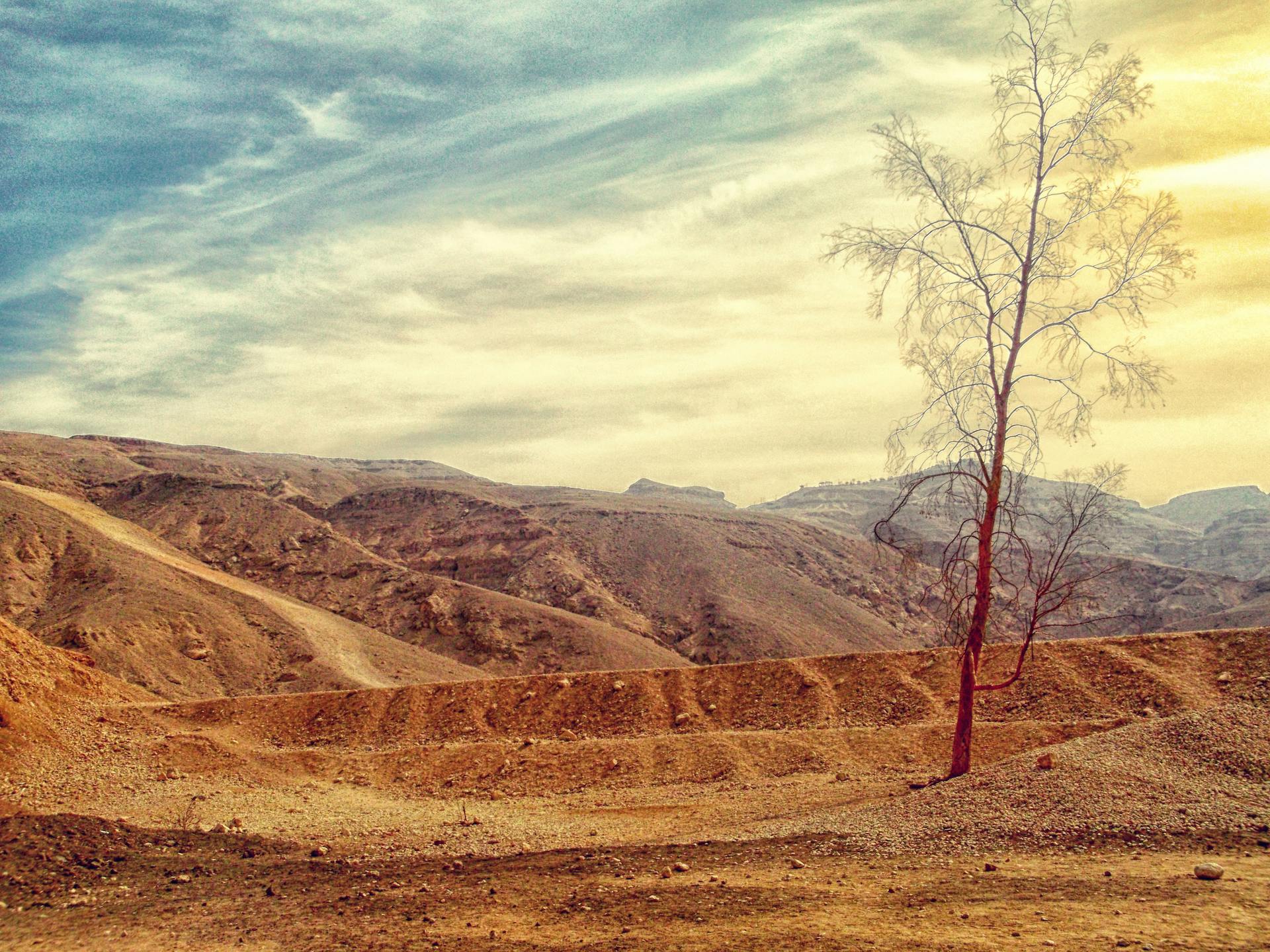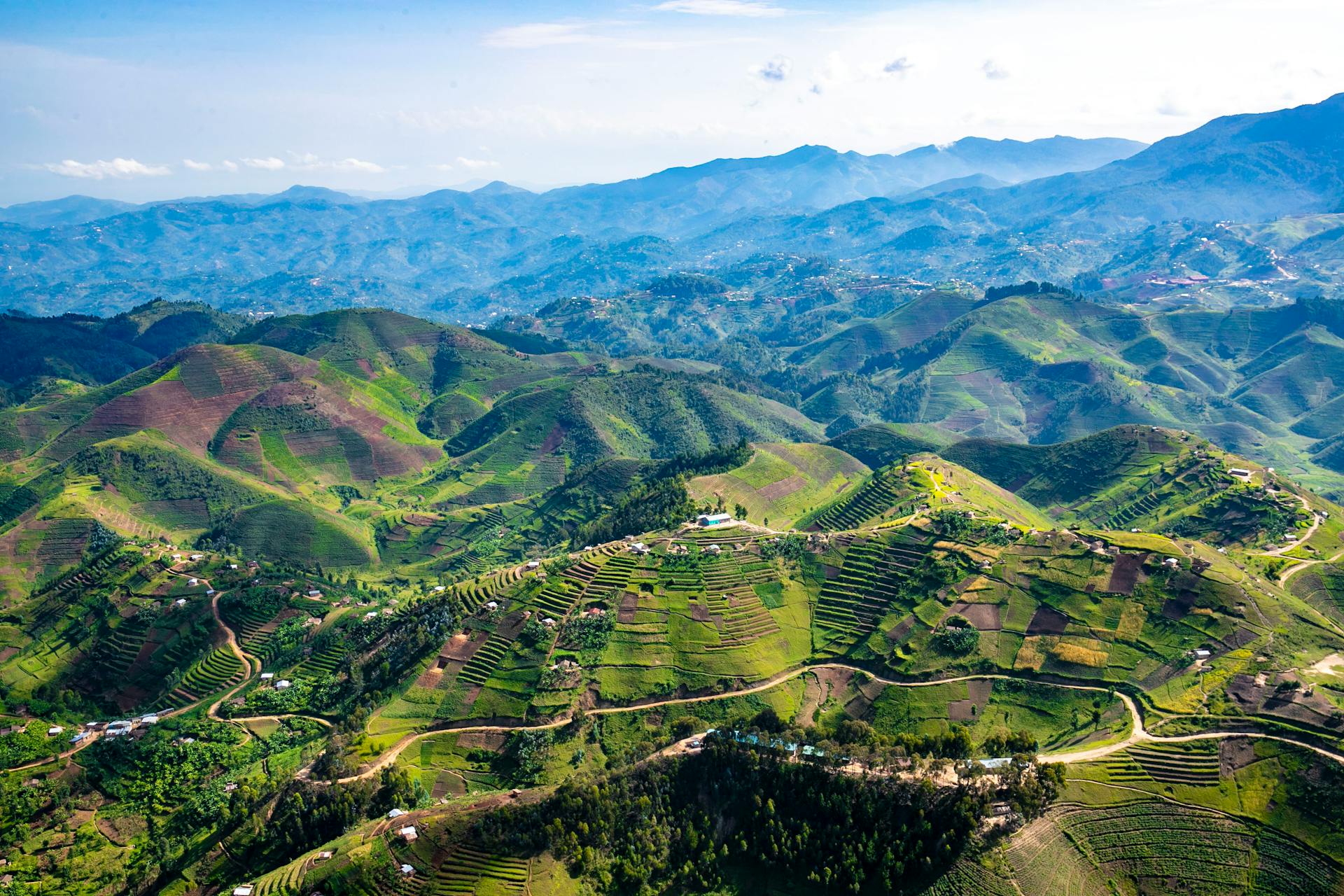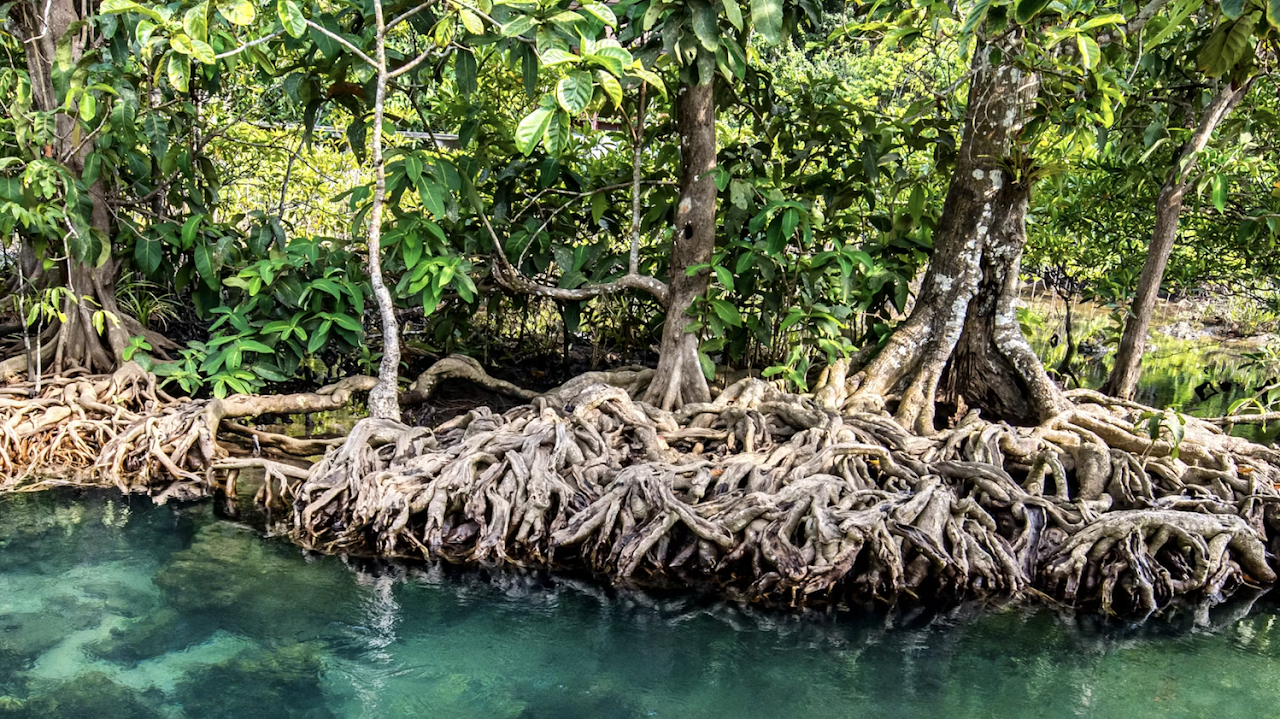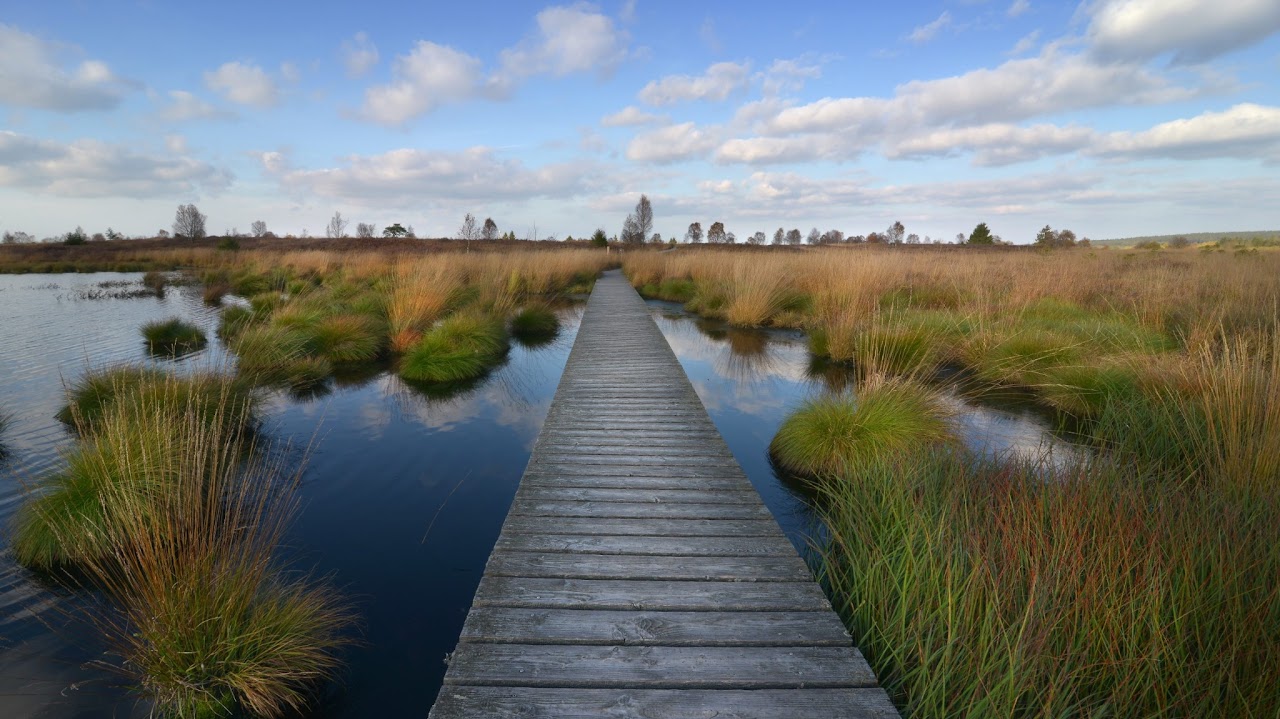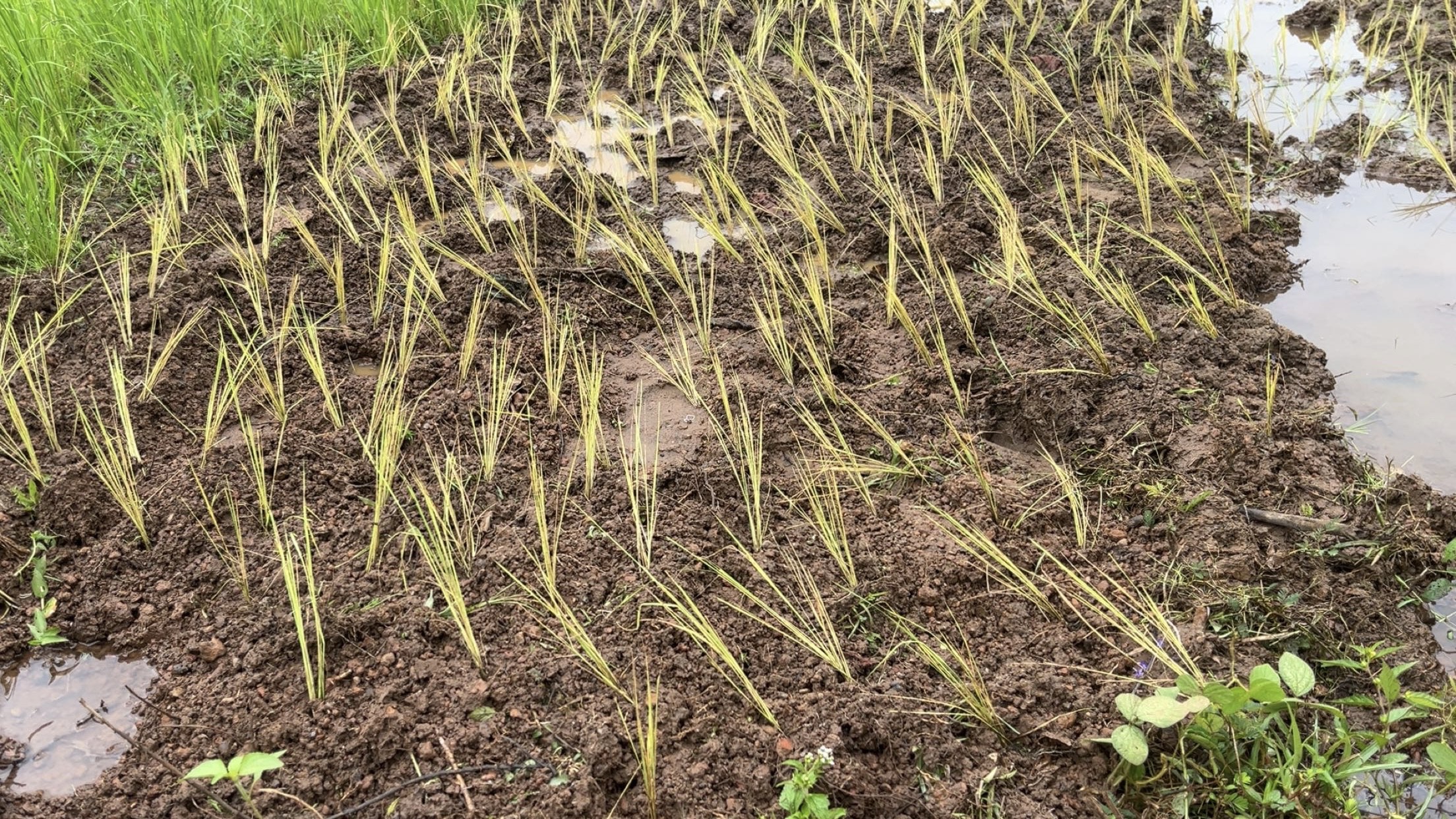We can eradicate hunger, with just one action
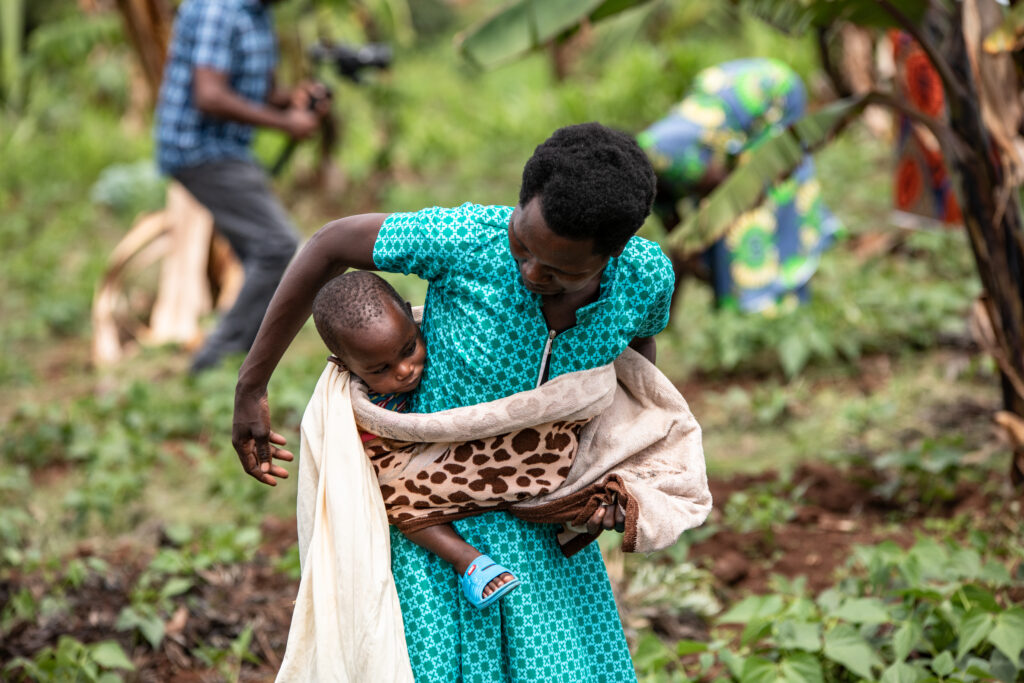
Photo credit: Land for Women
In the districts of Rwamagana and Gasabo, 90 highly marginalized Rwandan women, many of whom are genocide survivors, are not merely farming; they are becoming landowners, pioneers in ecological restoration and beacons of how to eradicate malnutrition globally.
Malnutrition affects over 2 billion people worldwide, most of them children, according to the United Nations.
That’s why the theme “Hand in Hand for Better Foods and a Better Future” marking World Food Day last week resonated deeply with the transformative work being championed by the Legacy of War Foundation (LoWF) in Rwanda.
Their “Land for Women” (LFW) programme illustrates how empowering the most marginalized, particularly women, with permanent land ownership and climate-smart agriculture become the blueprint for a peaceful, sustainable and food-secure future.
LoWF tackles a major barrier to soil rehabilitation. Instead of smallholder farmers cultivating rented land LFW/LoWF donates land for women to own permanently and indefinitely.
Miri Heatherwick, the project manager underscores that this single act of secure ownership has proven to be the key to unlocking multi-dimensional transformation.
The impact of their innovative approach is immediate and profound, and made the Legacy of War Foundation (LoWF) stand out among 750 applicants worldwide to receive the prestigious UNCCD-G20 Global Land Initiative (GLI) small grants award.
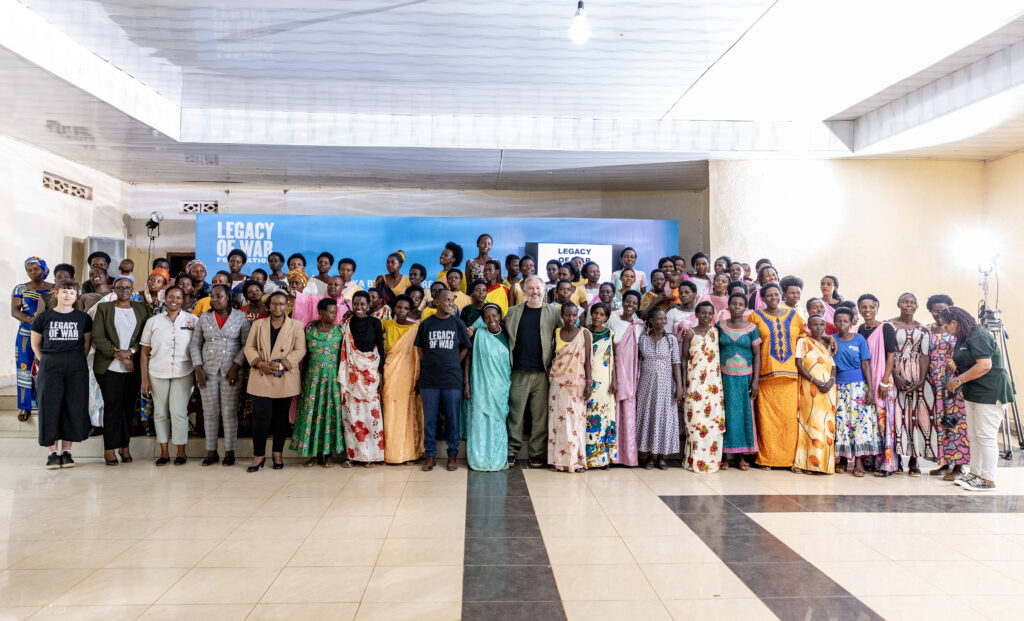
Photo credit: Land for Women
Miri Heatherwick shares, “When cooperative groups join the LFW program, cases of malnutrition are high, with up to 75% of members unable to adequately feed their families.” Two years into the LFW program, malnutrition among those families is completely eradicated, a milestone that is achieved consistently.
This rapid restoration of food security forms the foundation for all other progress.
The revolution is matched by economic and social uplifting.
Members whose daily income was once below the poverty line of $0.50 are now achieving incomes equivalent to a Rwandan school teacher. Beyond the farms, 46% of women in their fourth year have started their own sideline businesses, demonstrating independent financial mobility.
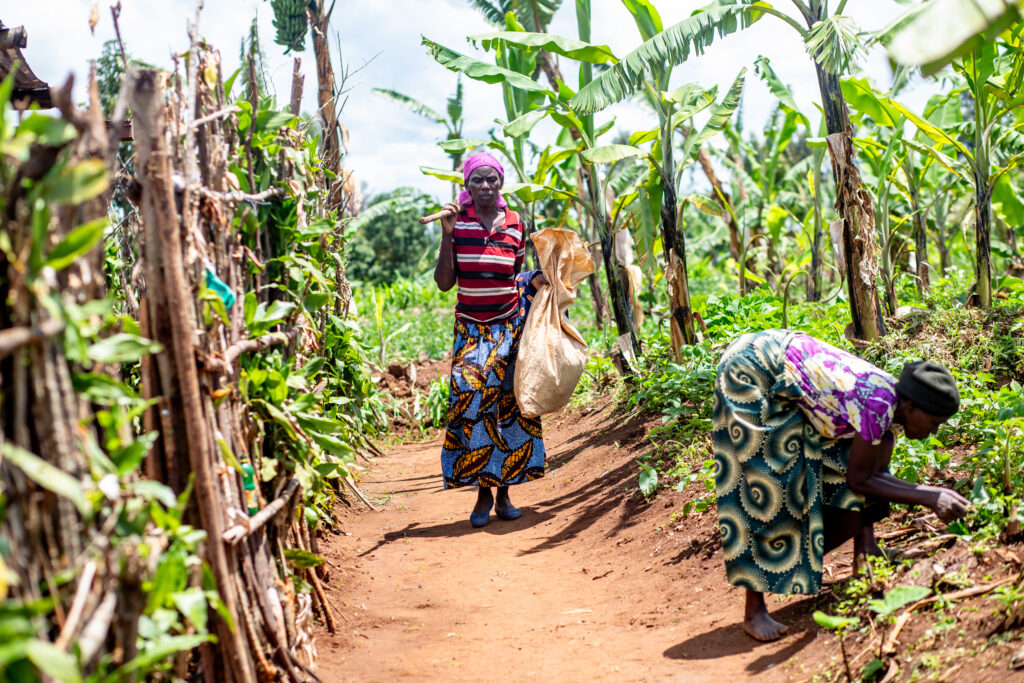
Imboni cooperative work in the cooperative premises in Bumbogo, Rwanda.
Photo credit: Land for Women
The transition to ownership also dramatically elevates social status and political power. Women once marginalized, even mocked for their past, are now running successful agribusinesses. “Before we were just known in the community as women who come from gender-based violence, but now we are known for being the women who have the biggest land in the area and now we command respect,” one LFW recipient notes.
This is the true meaning of a “Better Future,” where the promise of inclusion is restored.
The permanent nature of land ownership is critical to climate-smart farming, the project’s second pillar. Farmers working on rented land have little incentive to invest in long-term soil conservation, but the LFW women, as owners, are driven to invest their labour and resources for the future.
Their model is a holistic approach to agricultural resilience. Each farm undergoes a major reforestation effort, planting approximately 500 trees, prioritizing 70% native species to aid water filtration and prevent soil erosion. Farms utilize trenching, terracing and rainwater harvesting, but the core of the restoration effort is the commitment to be fully organic.
They gradually build soil fertility using manure and composting farm waste. The diversity of horticulture and wildlife helps make the farms resilient to environmental shocks.
As Ms. Heatherwick notes, “the assurance of time allows them to act in consideration for the long term, a critical factor in landscape restoration.”
Looking ahead, the 90 graduating women are set to become catalysts for change. The LFW program is designed in a Training of Trainers, creating a pool of skilled agronomists and sustainable land management experts who will mentor new generations of LFW farmers.
Their commitment to the “Hand in Hand” theme extends directly to their neighbours. Each farm donates 500 trees to be planted in community spaces and in the homes of local farmers, with the programme’s members providing vital mentoring on climate-smart farming.
They also contribute to community food security by donating an average of 325 kilograms of produce per year to those suffering from poverty and malnutrition.
Furthermore, LFW cooperatives actively engage with the local government, who request them to stand as spokespersons for women’s empowerment.
The Legacy of War Foundation’s model in Rwanda, driven by Miri Heatherwick the Project Manager, shows that grassroots communities are vital in achieving a global, food-secure future. Securing the land and empowering the hands of the most vulnerable women, not only eliminates hunger and poverty but can also also restore the earth, one hectare at a time.
Their story is a powerful testament to what can be achieved when we truly work “Hand in Hand.”
